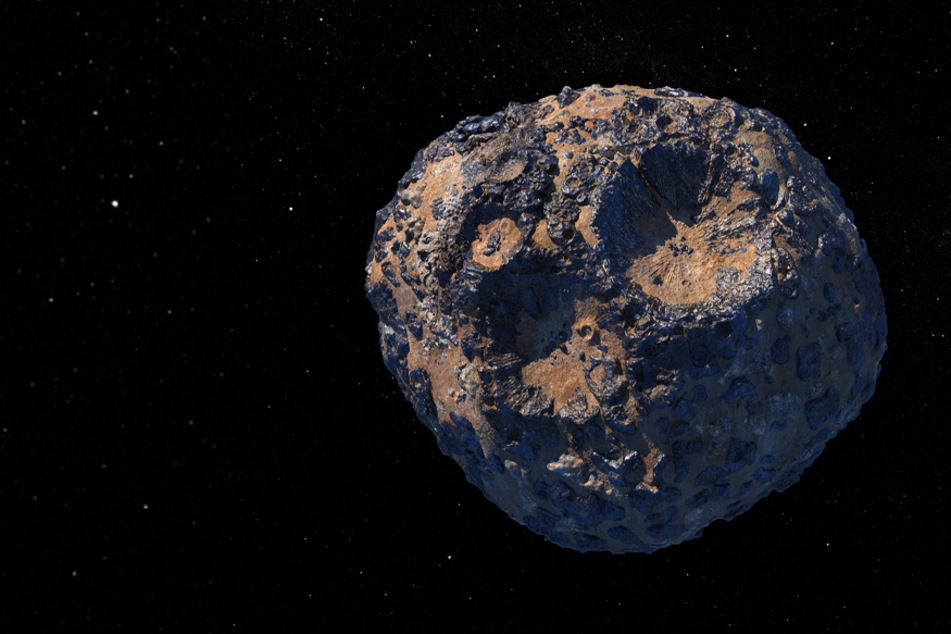Small asteroid to buzz by Earth in one of the closest approaches ever
Washington DC - A van-sized asteroid is due to sweep past Earth in the coming hours, making one of the closest approaches to the planet ever recorded, according to NASA.

The celestial body named 2023 BU will reach the closest point to Earth around 7:27 PM EST on Thursday it rushes past the southern tip of South America at an altitude of roughly 2,200 miles.
NASA scientists assure there is no risk of an impact.
By comparison, geostationary satellites are about 21,747 miles above the Earth's surface, and the International Space Station is about 250 miles away.
But even if 2023 BU headed directly for Earth, it would largely burn up as a fireball when it entered the atmosphere, given its comparatively small diameter of 11.5 to 28 feet, NASA said.
The asteroid was discovered by amateur astronomer Gennady Borisov at the Margo Observatory in Crimea a few days ago.
Borisov already made a name for himself in 2019 when he used a homemade telescope to discover a comet that crossed our solar system on its journey from deep space. The comet is now called 2I/Borisov.
Researchers have identified about 27,000 asteroids near Earth, including some 10,000 with diameters greater than 450 feet. None are known to be headed directly toward our planet in the foreseeable future.
Last October, NASA succeeded for the first time in changing the direction of motion of an asteroid by the impact of a probe. It was humanity's first-ever attempt at mounting a planetary defense.
Cover photo: NASA/JPL-Caltech/ASU
